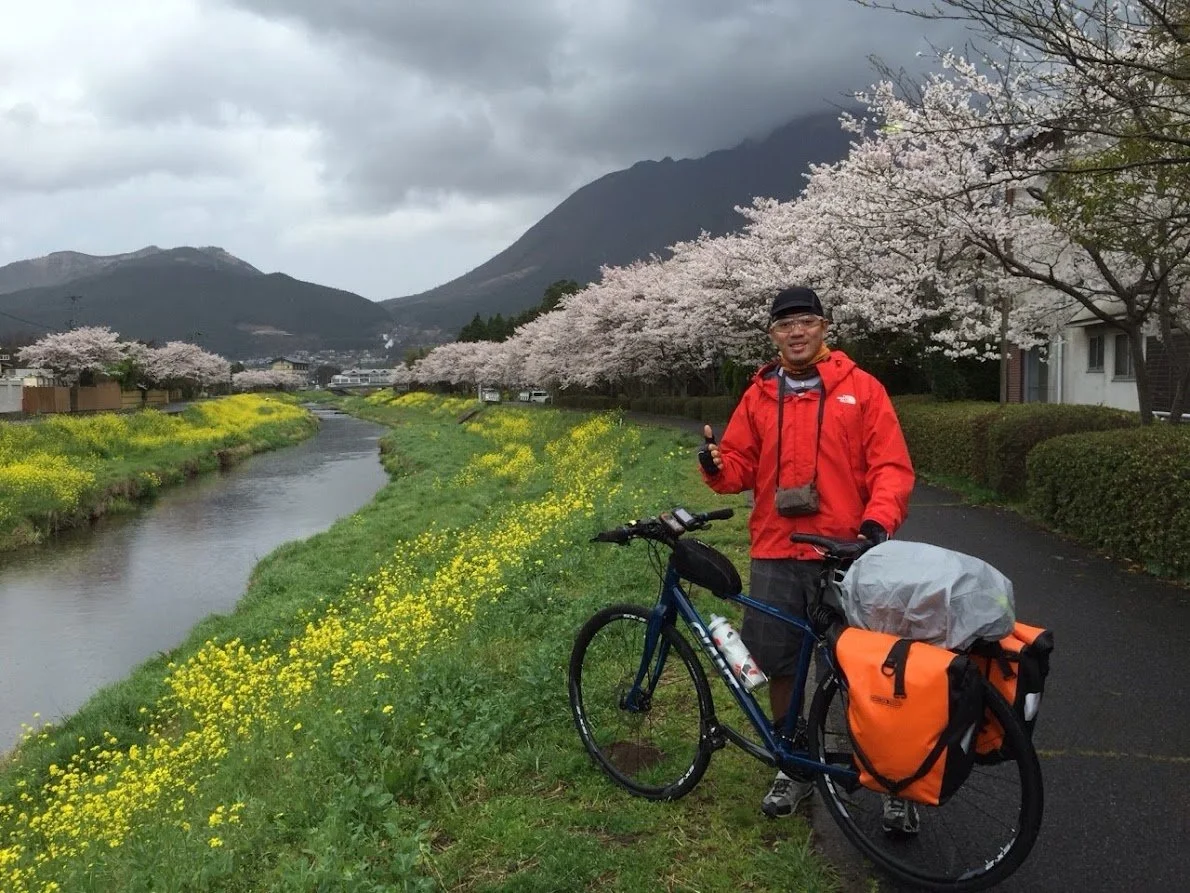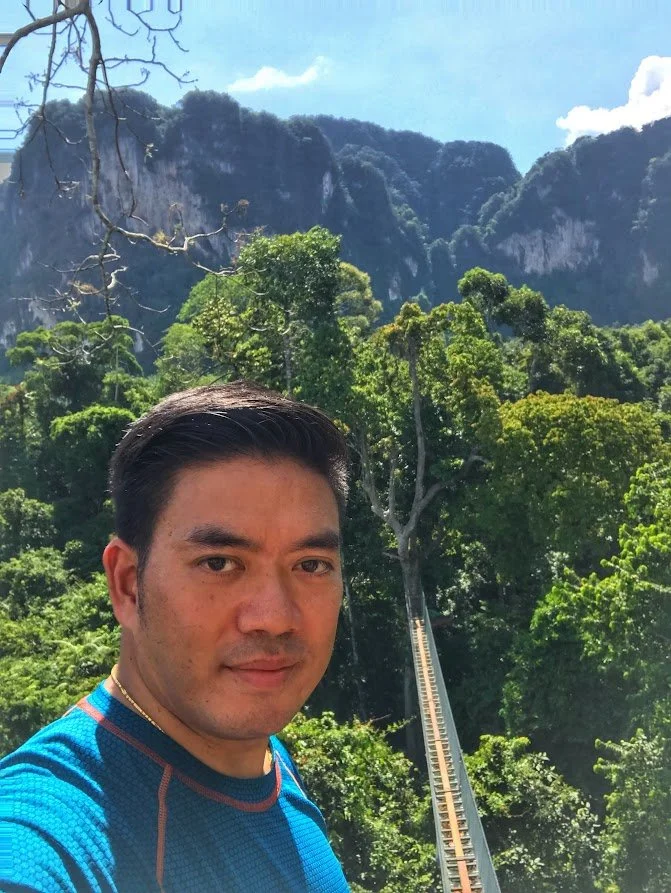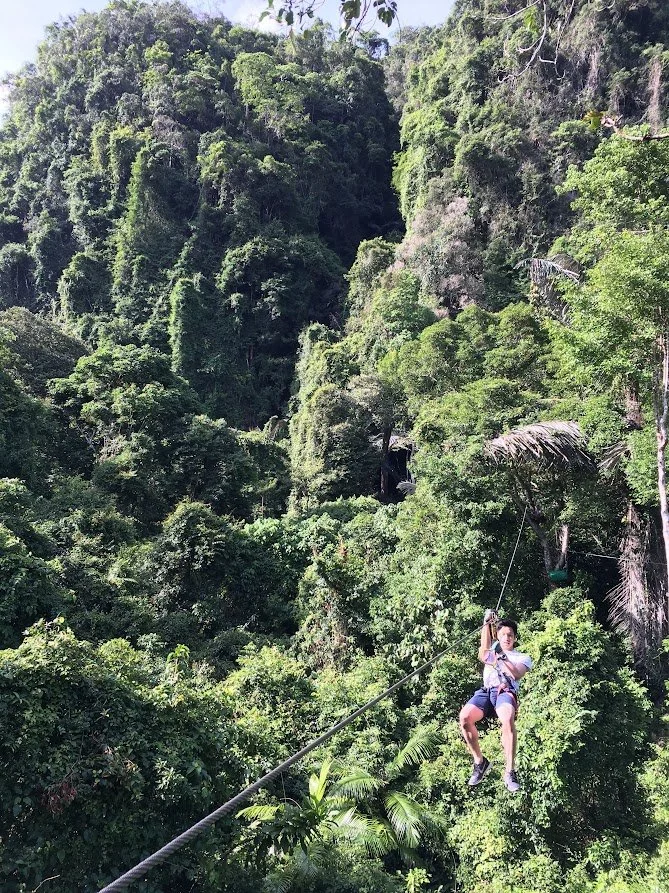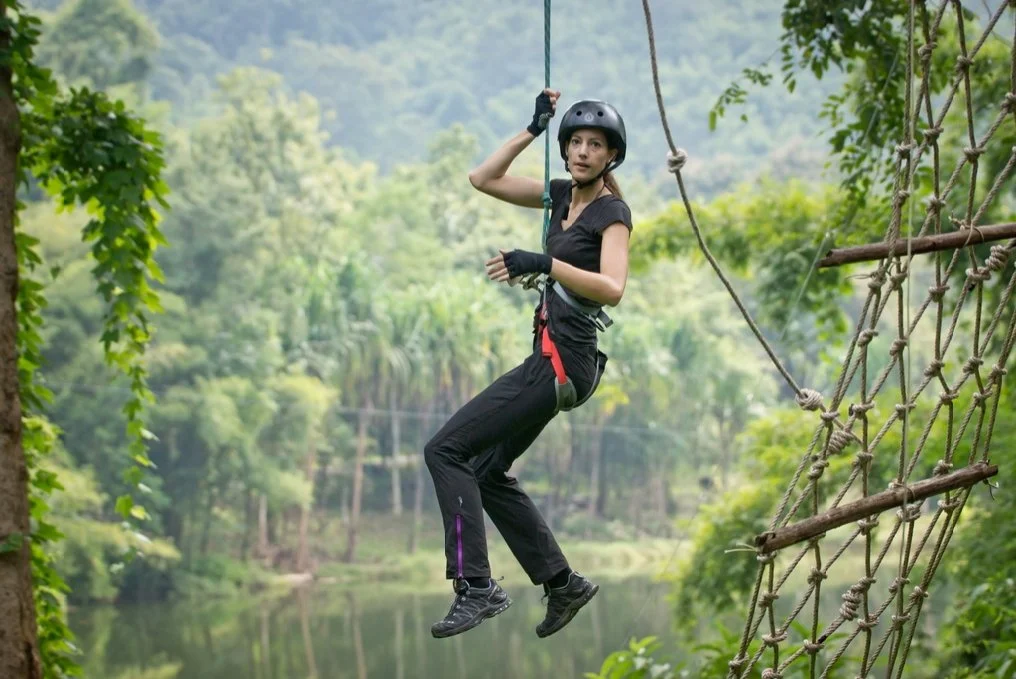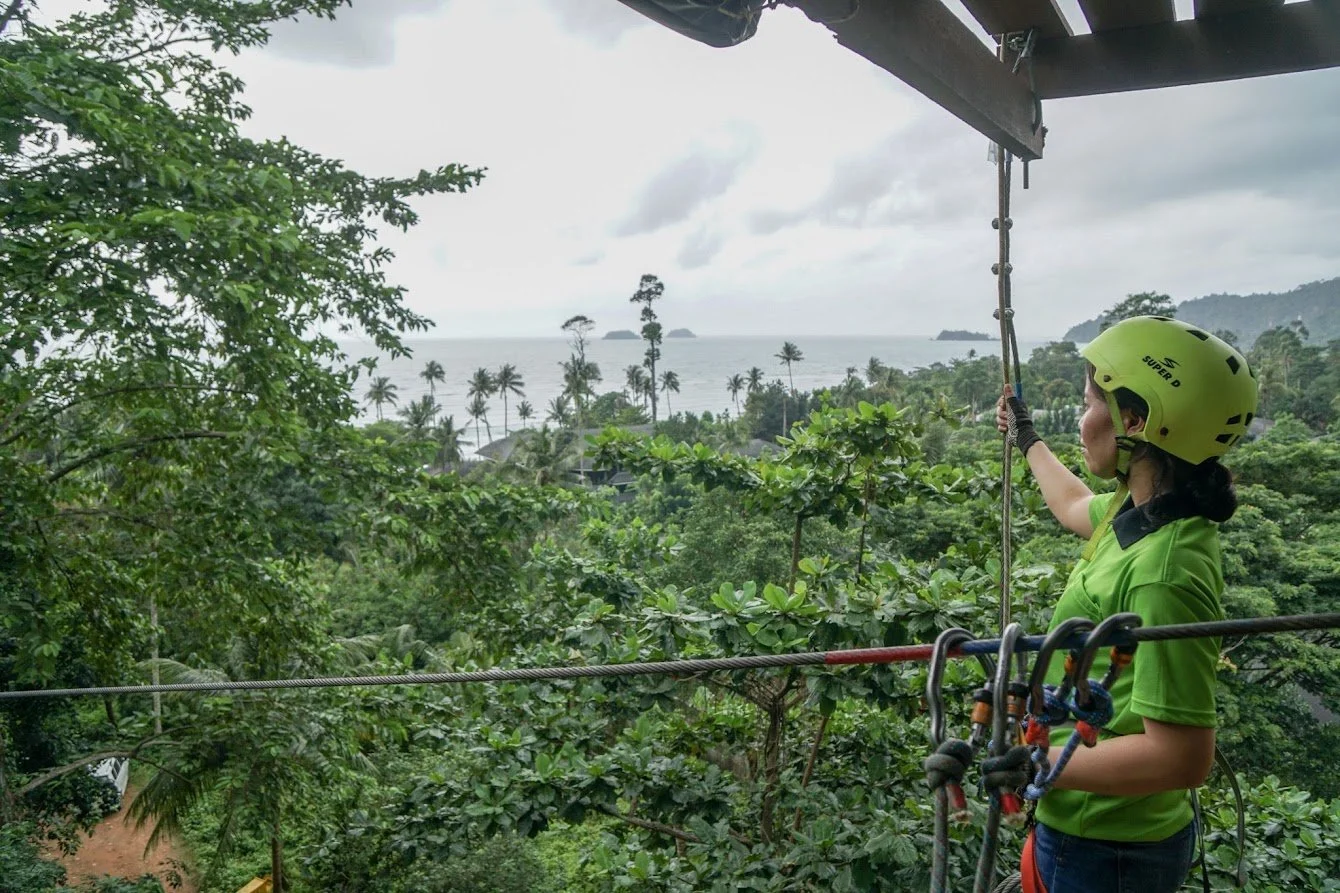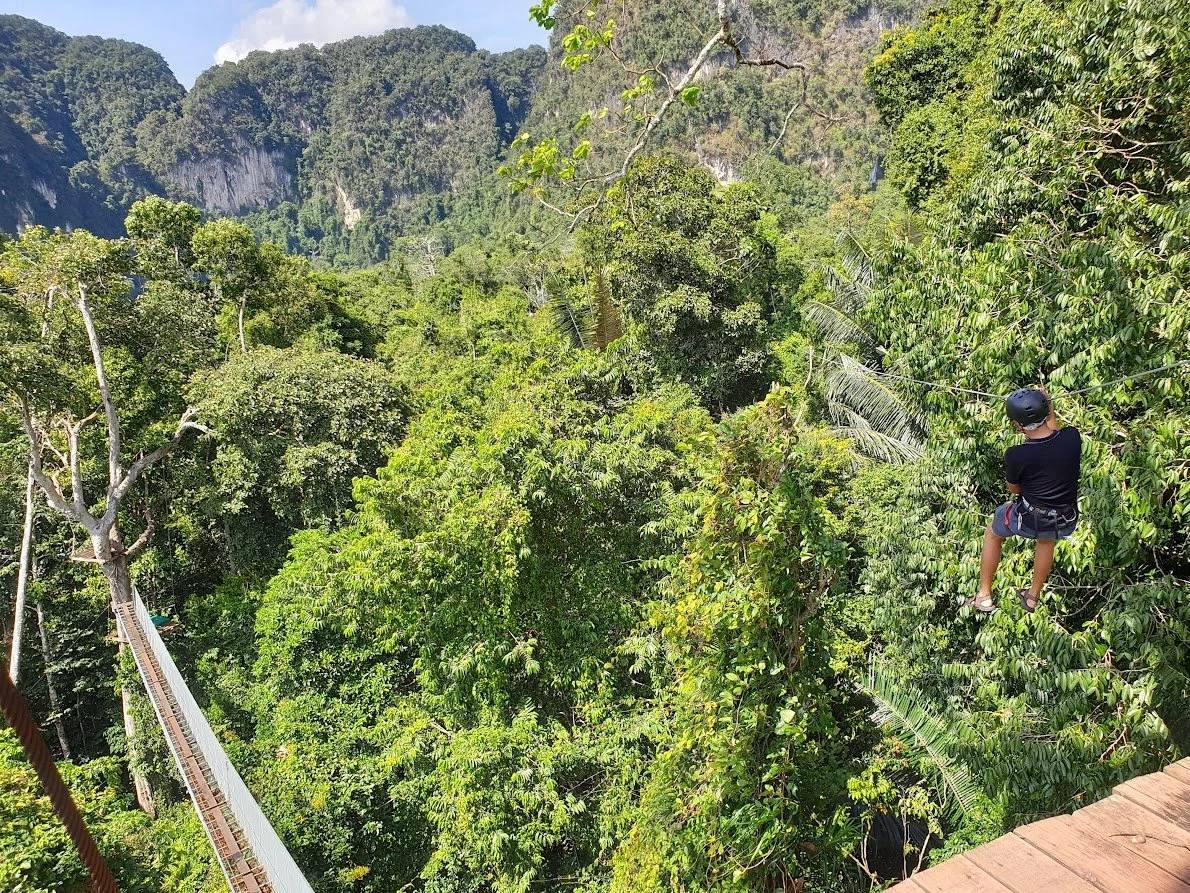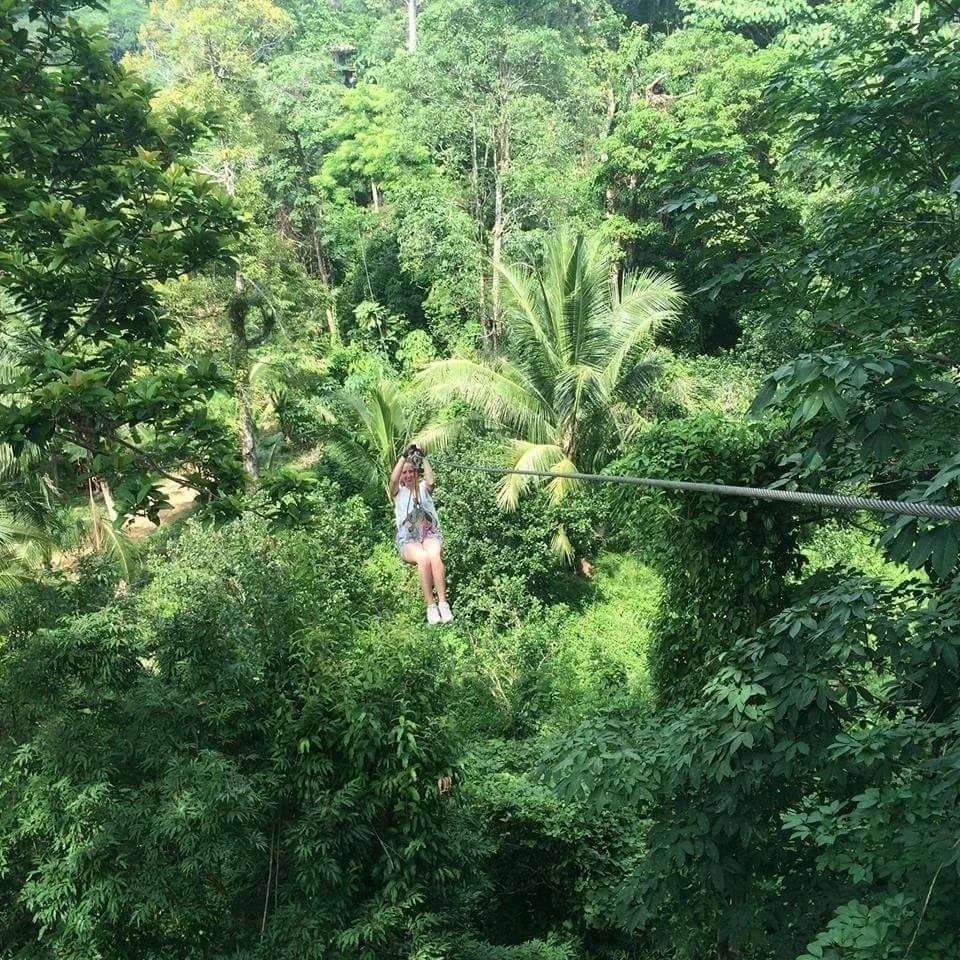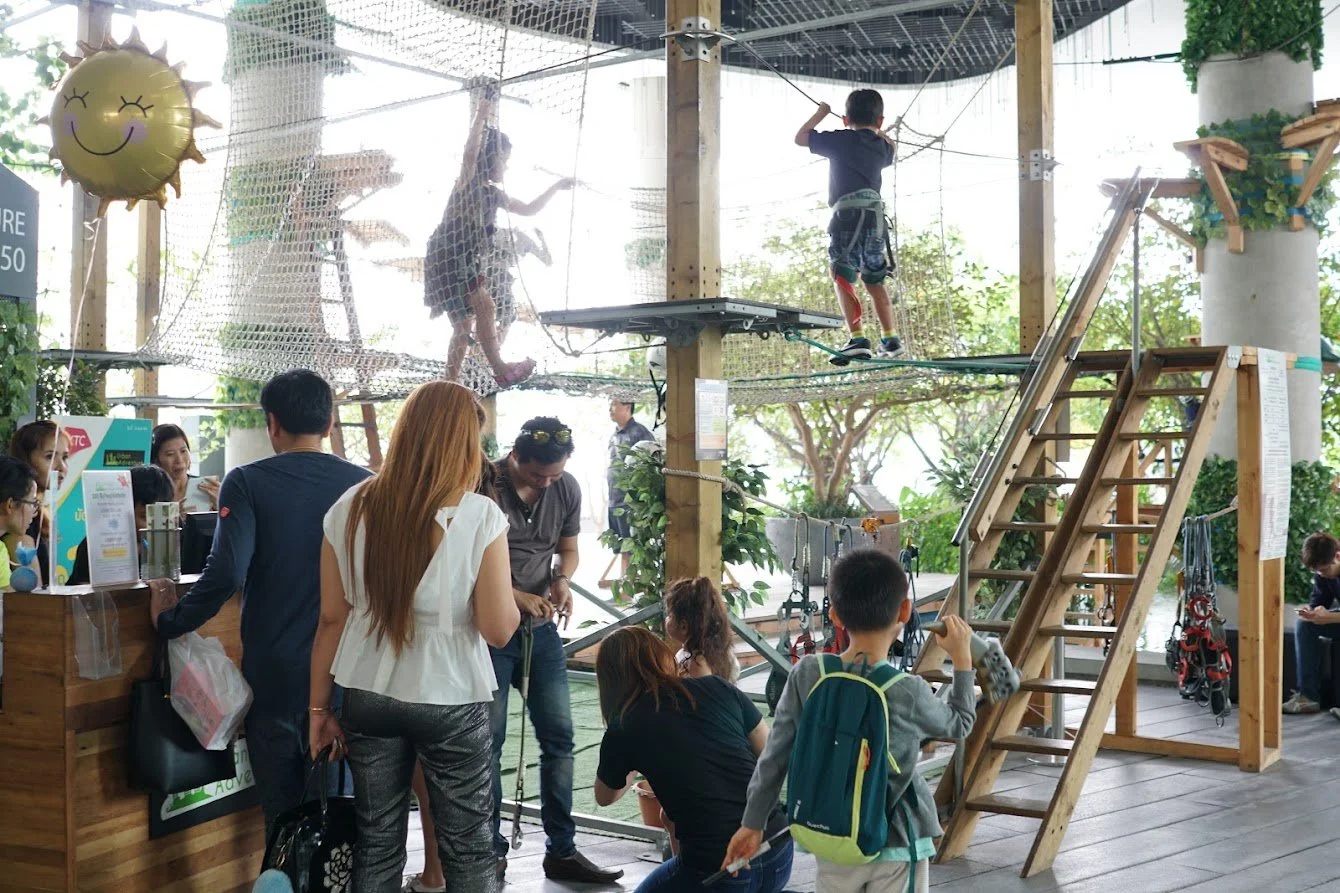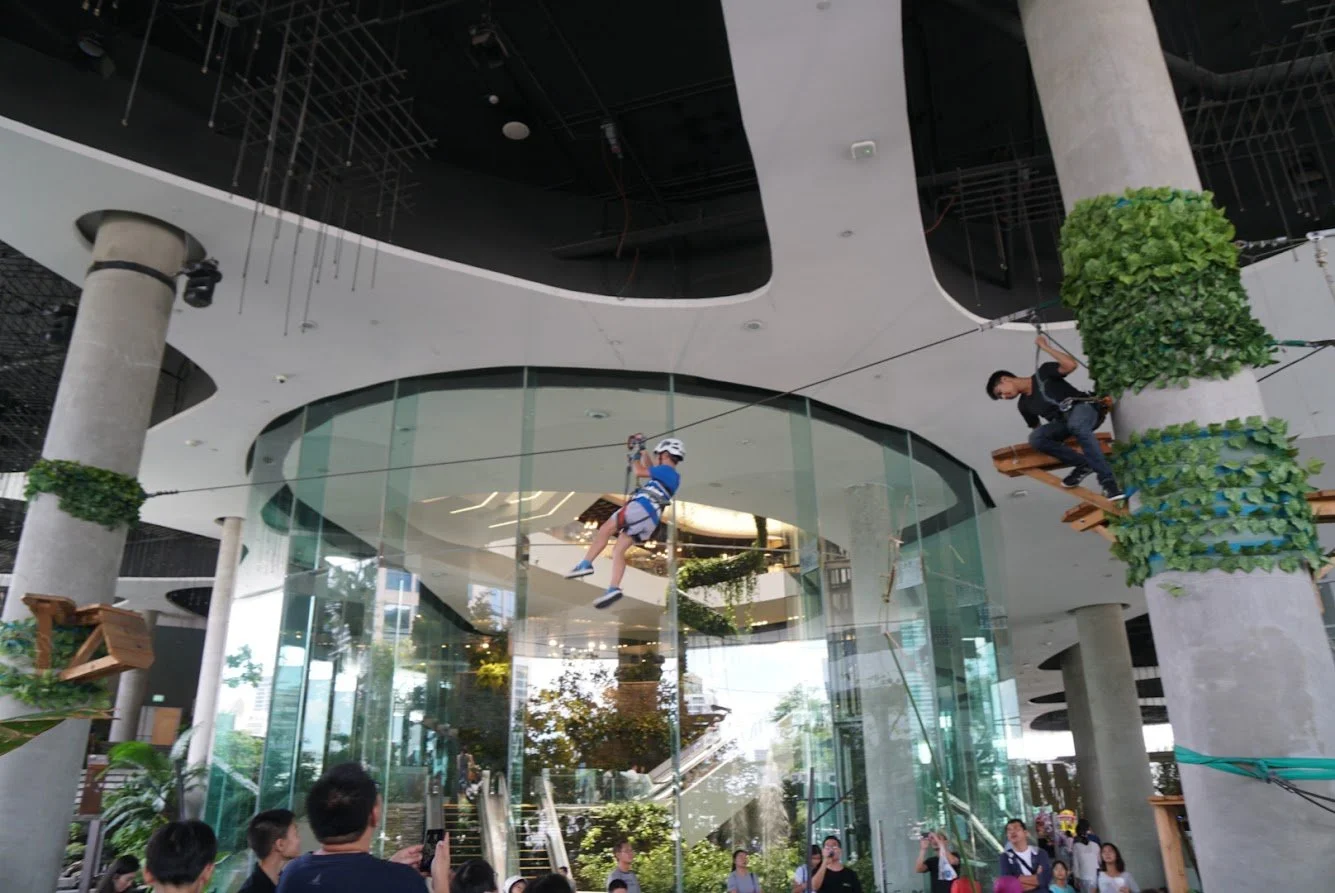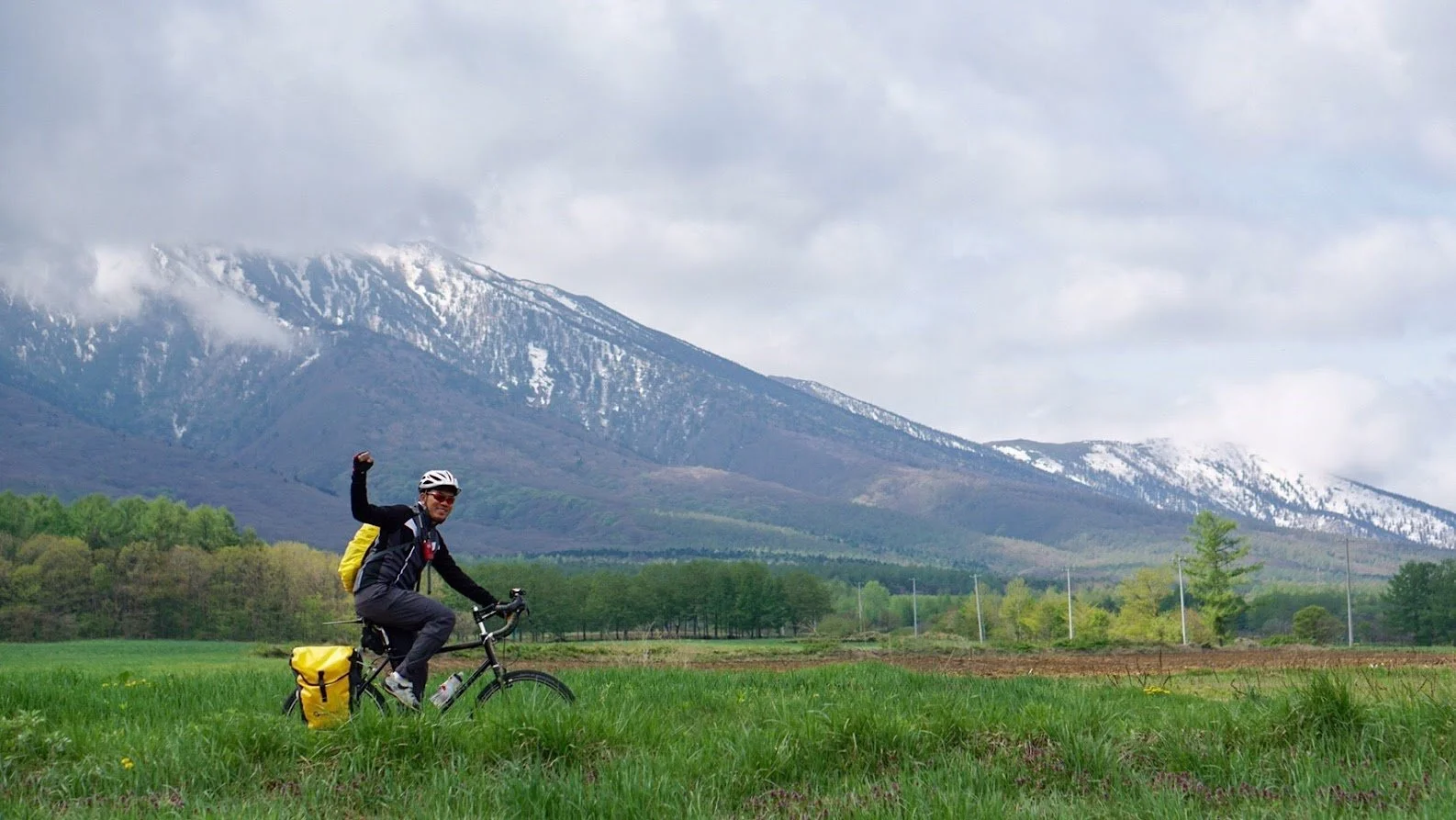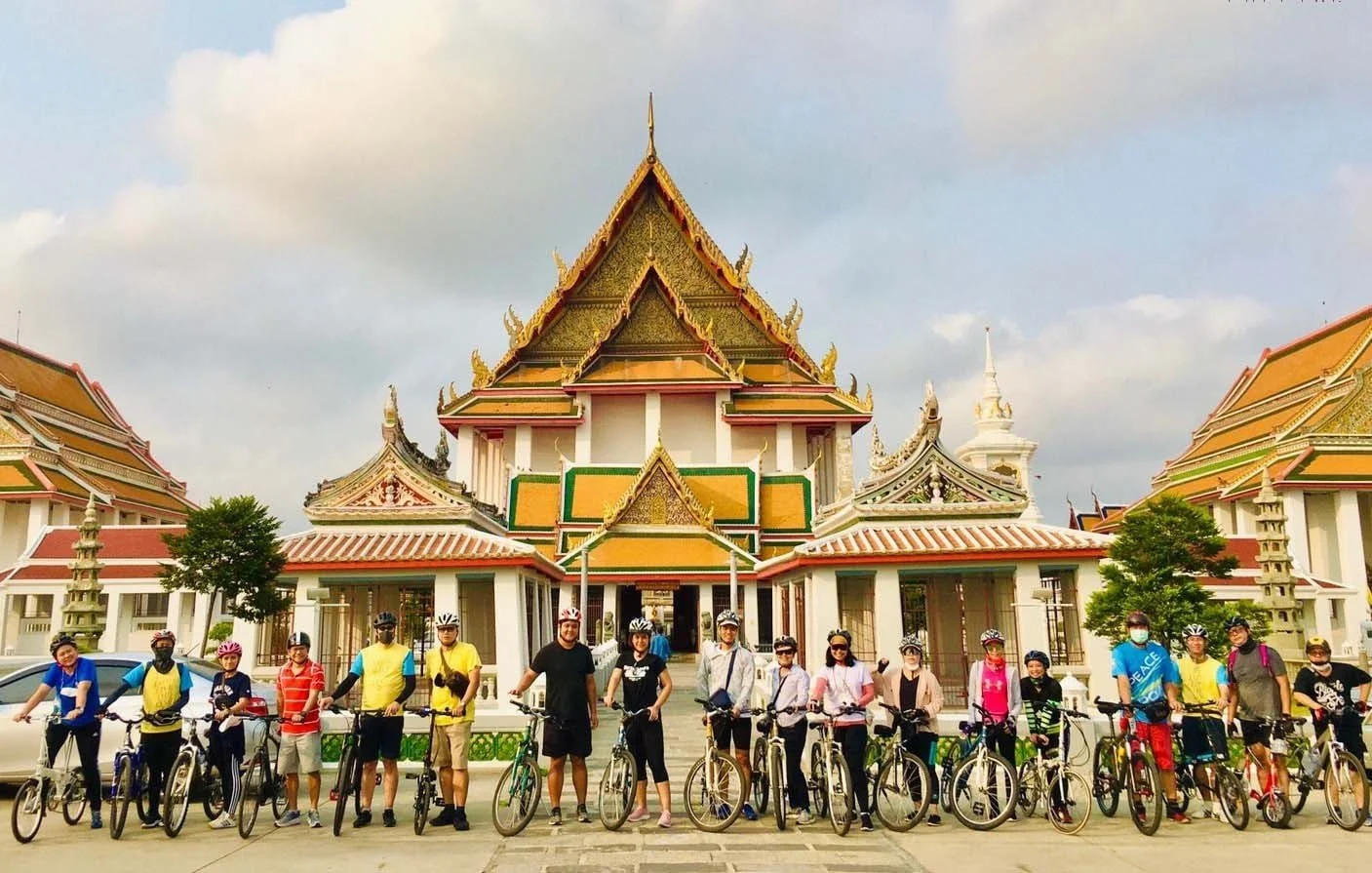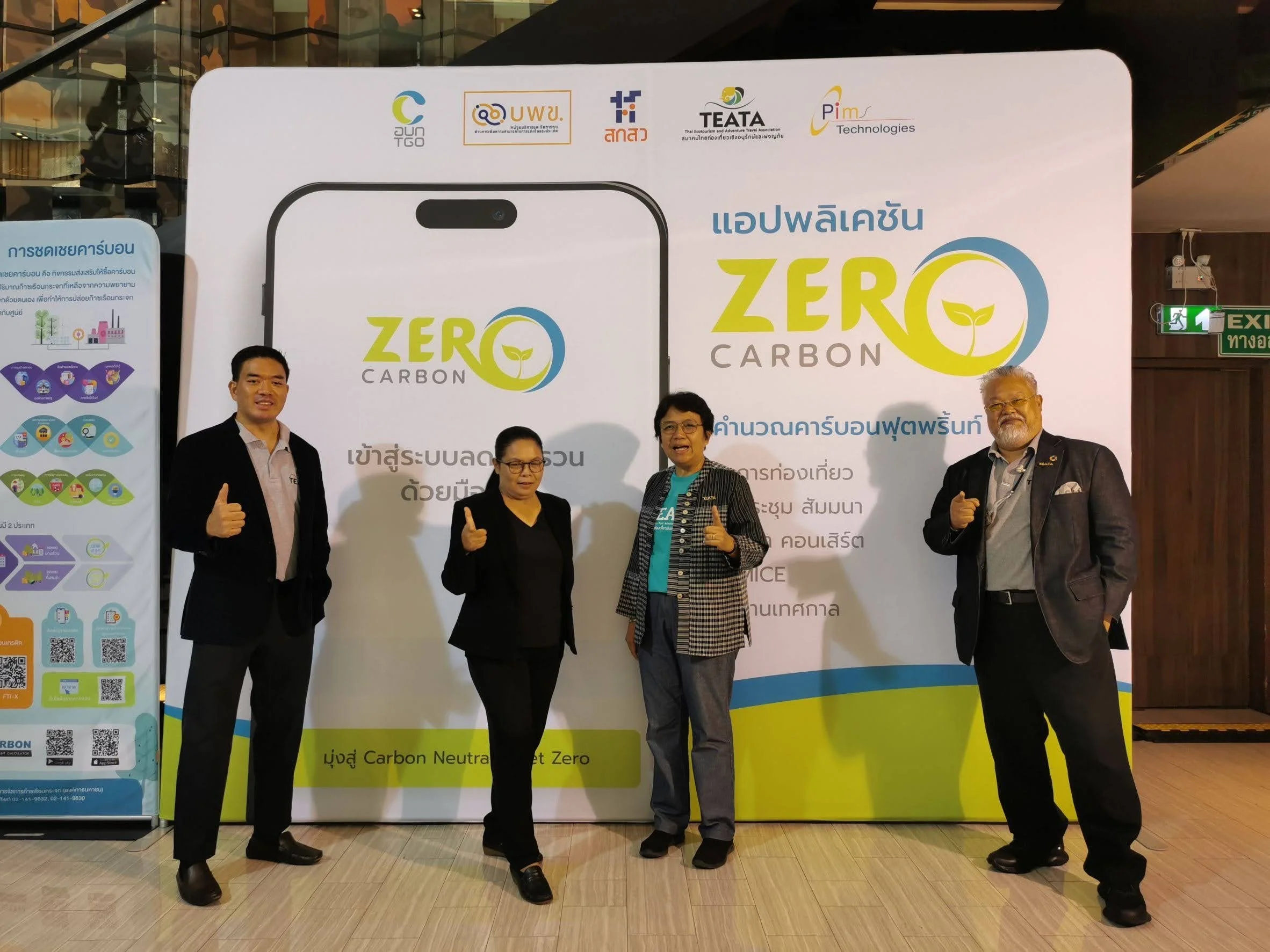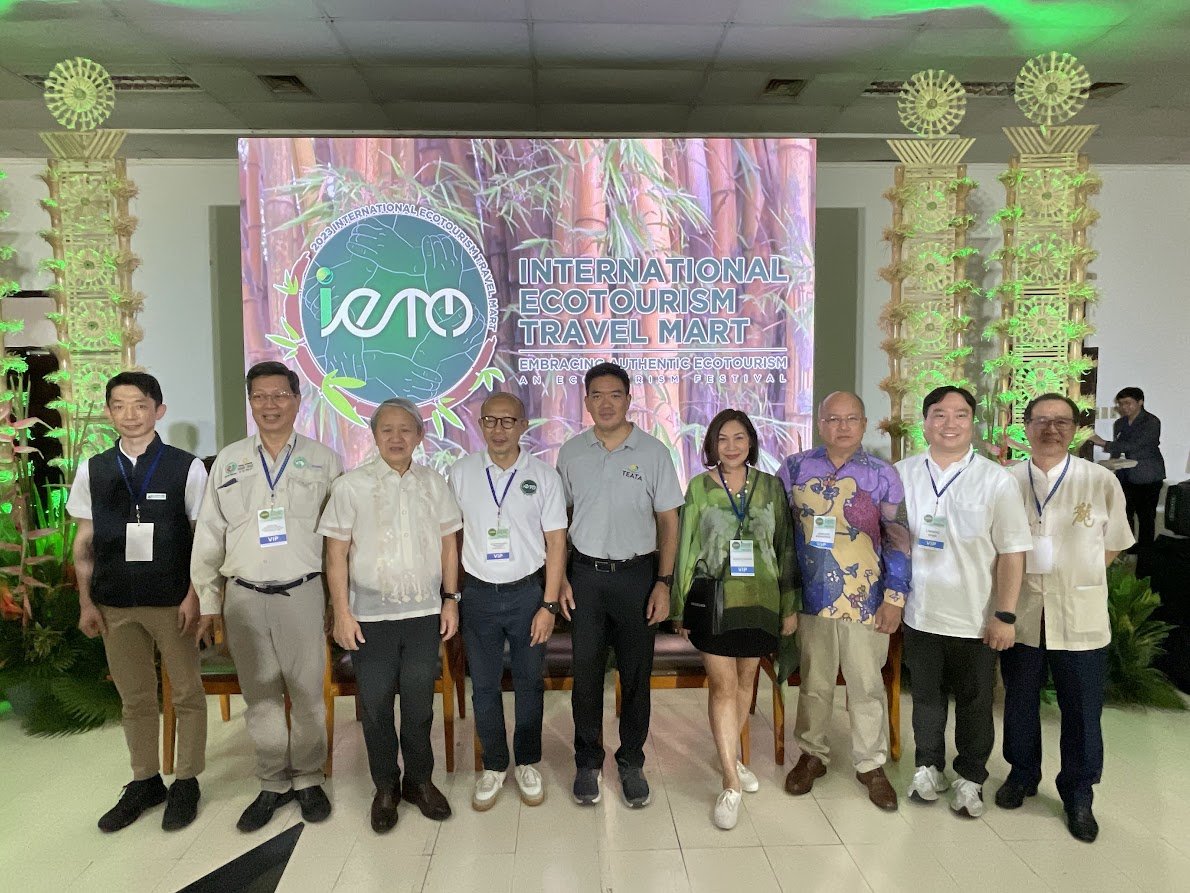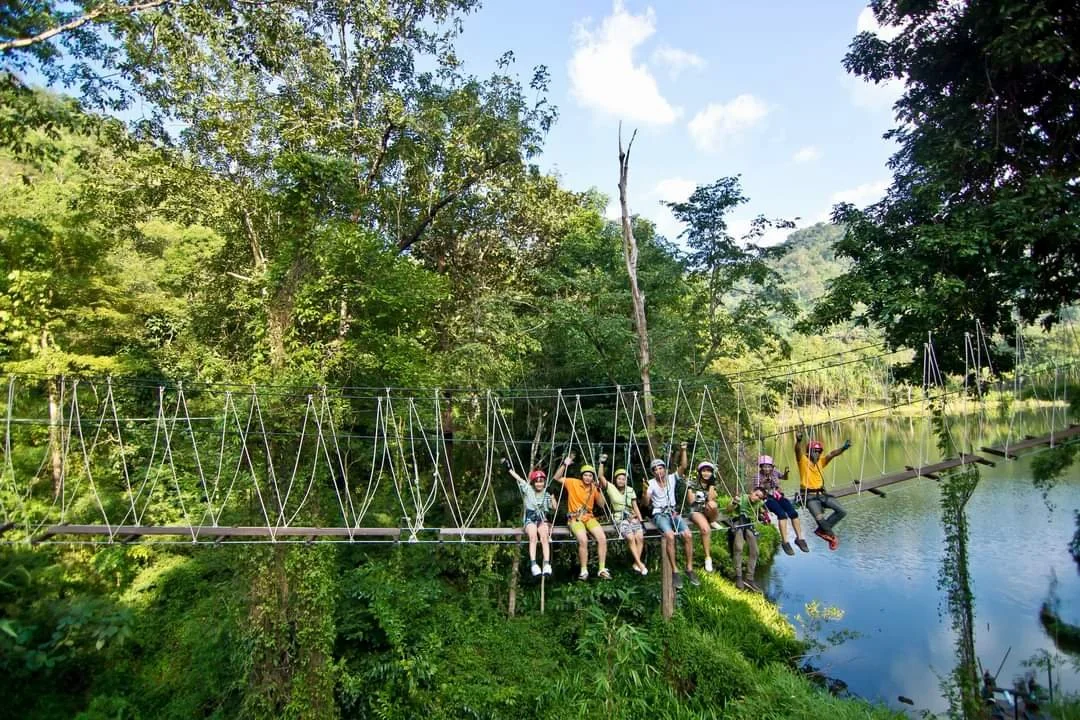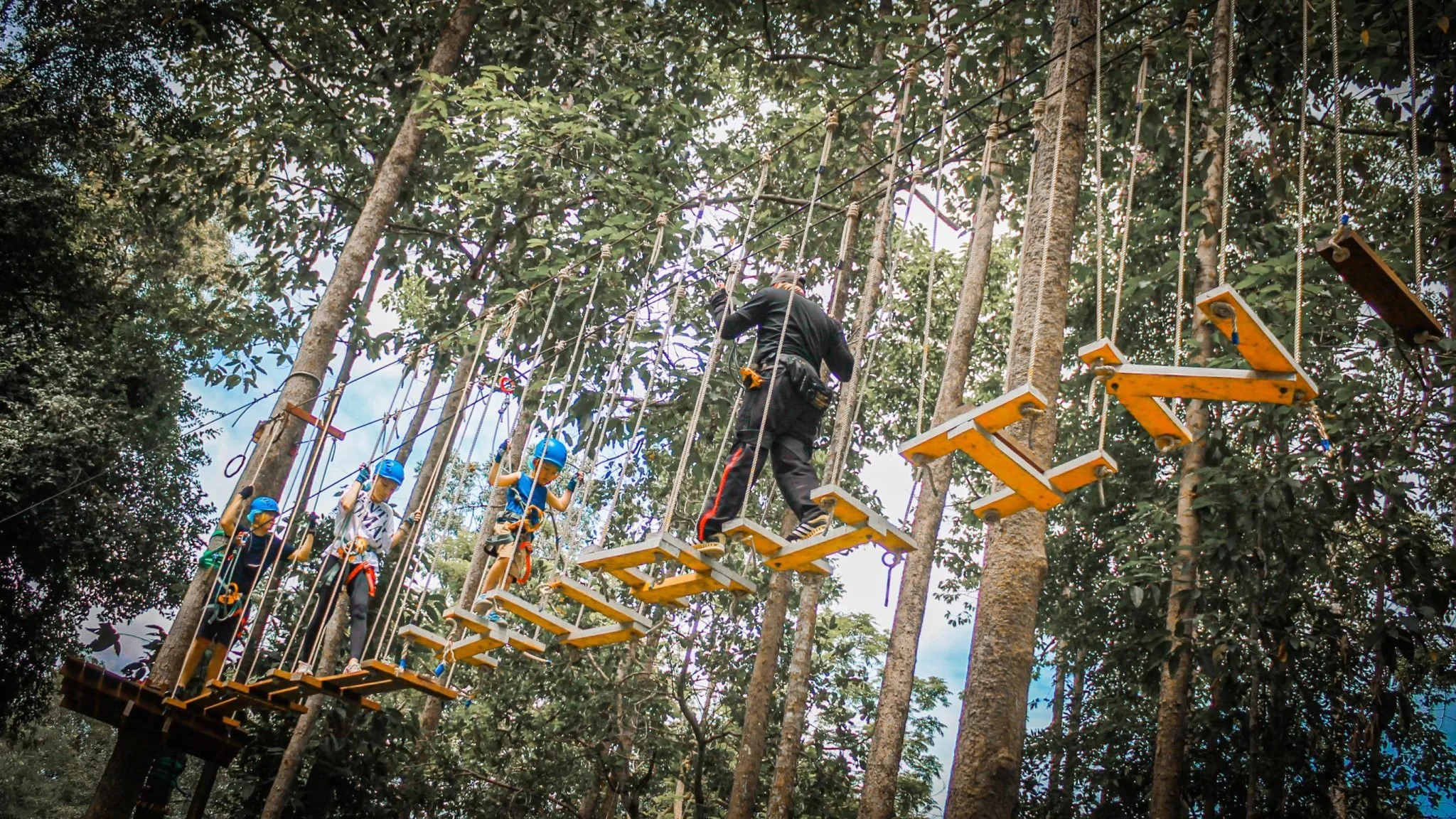From Zero to Hero: The Journey of a Sustainable Travel Startup in Asia
Every hero's journey begins with a call to adventure, and for Nantapol Khaimuk, this call came from an unlikely place: a career in finance and banking. Like many business and finance graduates, he found himself striving towards the common career goal of working for a globally recognized consumer bank. But as he sat behind his computer screen day after day, he began to yearn for something more.
Inspired by his passion for travel and outdoor activities, Nantapol decided to shift from finance to adventure. The nature of banking, with its rewards heavily dependent on outside factors, wasn't aligning with his desired lifestyle. He longed to be outdoors, to travel, and to find a way to earn from this passion.
The decision to start his own business was both risky and exciting, but it allowed him to put his educational background and personal interests to the test. It was an unconventional beginning, a leap into the unknown.
Harnessing Multicultural Experiences
As a diplomat's son, Nantapol had the unique opportunity to live in multiple countries. His father's postings across Europe, the Middle East, and Asia exposed him to a diverse range of cultures. This wasn't just a chance to experience new food or learn new languages; it was a lesson in adaptability and understanding.
"I learned from the diverse cultural experiences and knew that new relationships, whether they are business or non-business, are not based on perception but actual contact with locals and knowing how to adapt to international settings."
These experiences have been invaluable in managing his adventure park and bicycle tours business, an industry that is fundamentally service-oriented. Being able to understand and cater to the demands of international customers is indeed beneficial.
"The co-founders of my business are French and therefore, having been able to continuously collaborate in this company for over 16 years is somewhat evidence of this multicultural acceptance."
Bringing Soft Adventure to Thailand
When asked about the innovative strategies employed to introduce and promote soft adventure concepts in Thailand in 2007, Nantapol recalled the challenges they faced and how they overcame them.
"The soft adventure industry was not at all a local interest," he said. "Ziplines and adventure parks were activities that were popular in Western countries."
He explained how the seasonal nature of the Tree Top Adventure Park's first location in Koh Chang, a touristic island frequented by Europeans, posed a challenge. They had to find a way to attract domestic travelers during the rainy season, which lasts for about 5-6 months.
"Our marketing choices back then were to be present online with a website and also participate in travel expos. Travel fairs were a big thing before COVID-19 and that was where good deals could be purchased through packaged trips. We had to collaborate with hotels, restaurants, transportation, and other service providers to offer our activity," he said.
The company's locations soon attracted TV programs with celebrity guest presenters, boosting their exposure and attracting Thai tourists.
"Most importantly, we greatly emphasized safety and with the new locations that we opened (Hua Hin and Kanchanaburi), we brought in innovative safety systems to further obtain the confidence from both domestic and international customers."
Sustainable Innovation: Building for the Future
His venture, Urban Adventures Thailand, designs and builds innovative adventure facilities. When asked about their creative process and how they ensure these facilities align with sustainable practices, he spoke about the inspiration behind the new venture.
"Urban Adventures Co., Ltd. was meant to be a solution to the sad but true realization that finding big trees to build adventure parks in Thailand was a problem. Most private property had trees cut down to build hotels and hardscape, and using state land was not allowed," he said.
They applied their know-how and used urban structures to support their high-element activities. This approach is sustainable because it avoids building additional hardscapes and structures that will become useless if the activity is no longer in operation.
"For example, at the EmQuartier mall in Bangkok, we were able to use the pillars of the building in an outdoor area to install platforms and connect them with ziplines and fun games. Furthermore, we were able to design mobile adventure structures that could be set up and dismantled in different spaces. Not only did it preserve the landscape but it also provided financial savings and business opportunities," he added.
Pioneering International Bike Tours for Thai Cyclists
"Cycling was just starting to gain mass popularity," he recalls when asked about the inception of Octo Cycling Tours, another venture born out of his passion.
He loved traveling by bicycle and going even further across borders. The opportunity with Octo Cycling Tours was to bring Thai cyclists abroad, leveraging their service mind, experience, and cultural adaptability in international settings.
The shift started when people began to realize that road cycling enabled them to travel greater distances at a faster speed compared to mountain bikes. This sparked a trend where cycling became more than just a sport - it evolved into a means of travel.
"Domestic cycling was in trend, but going to international destinations was still a bit of a challenge," he admitted.
There were questions about how to transport personal bikes, where to stay, where to eat, how to navigate between destinations, and what attractions were there to cycle to.
However, the team at Octo Cycling Tours was not deterred by these challenges. They conducted survey trips and added a "Thai touch" to help their customers adapt to new environments. Services like providing a safety car and working with local bilingual facilitators to assist local organizations were introduced.
"What was known as bicycle touring for Westerners, we added services and a bit more convenience to cater to Thai cyclists," he explains.
The key to their success was understanding the demands of their guests while adjusting to the available facilities.
Advocating for Sustainable Travel and Ecotourism
In addition to his business, Nantapol also serves as Vice President (Adventure) at Thai Ecotourism and Adventure Travel Association (TEATA) and International Board Member at Asian Ecotourism Network (AEN).
"Being part of two internationally active travel associations greatly enhances sustainable and eco-tourism," he shared. He joined TEATA in 2009 and his journey since then has involved improving national-level travel standards, collaborating with fellow service providers, and creating new travel products that uphold sustainability without compromising on fun.
"Our international cooperation helps us learn about their travel demands and guides our ways to cater to international guests. We evolve and improve the supply side while we bring new markets," he explained.
This commitment to learning from other cultures and adapting to their needs is a recurring theme in Nantapol's story.
His role at AEN echoes this commitment but extends it to a regional level. "The commitment to sustainable travel and ecotourism is similar to TEATA, but AEN lets all members know about the supply of our peers at a regional level. Instead of knowing about what is available for Thailand to tourists, we now learn what is available in fellow Asian countries," he said.
He sees these roles as opportunities for collaboration and growth. "This lets us join hands to push and pull our supply and services together towards a better regional standard," he added.
Overcoming Challenges in Entrepreneurship
Nantapol believes that the challenges encountered while establishing and operating his companies were part of the business evolution and phases. But one obstacle stood out - the COVID-19 pandemic.
"To tell you the truth, we almost didn't make it through financially during this worldwide problem," he confessed, reflecting on his journey. This was a situation where traditional business strategies did not apply. The usual 'buy low, sell high' approach and finding the sweet spot between cost and selling price did not work during the epidemic.
For Tree Top Adventure Park, having different locations with diverse clientele helped spread the risk. Locations like Hua Hin and Kanchanaburi, visited by both Thai and international tourists, became crucial when cross-border travel had to stop due to the pandemic.
"We were forced to only travel within our country. We had to close down our three other operations in Chiang Rai, Koh Chang, and Krabi," he shared.
They also had to decrease expenditures, trim staff salaries, and discontinue any non-vital expenses.
Interestingly, he noted a shift in traveler behavior during the pandemic. "Travelers started to recognize the importance of outdoor activities. An open space was the place to be without the risk of infection," he said. This meant that outdoor activities, including their adventure parks, could continue operations for Thai travelers.
So, what lesson did this challenging period teach him? "When we face obstacles, we tune down our expenses and go to safe mode, relying on nature and becoming self-sustainable was the 'natural' way to proceed," he concluded.
Shaping the Future of Sustainable Travel and Adventure Tourism
Discussing his vision for the future of sustainable travel and adventure tourism in Asia, he emphasized the need for more involvement from the government alongside the private sector.
"The future of sustainable travel and adventure tourism in Asia is to further involve the government and not just the private sector. Without the hand of the government, applying control to any measures that we learn and deem necessary will not be possible," he said.
Addressing issues such as controlling PM2.5 particles and other global warming initiatives requires a concerted effort from both the government and the private sector. "We need to act on this internationally as it is a global problem," he stressed.
His businesses, being low-carbon operations, are already part of this movement. Being part of travel associations like TEATA and AEN further contributes to this vision. "Being able to measure our carbon footprint, lowering them with sustainable activities, and offsetting them with carbon credit is the best way to proceed with the current knowledge," he added.
When asked about advice for budding entrepreneurs looking to enter the industry, he emphasized the importance of passion and sustainability.
"Satisfying your monetary goals alone may not enable you to endure the challenges that you will face in your endeavor," he advised. "This means being willing to continue your operations sustainably even though your margins go negative for prolonged years."
He cited his experience during the COVID-19 pandemic, saying, "If we weren't able to proceed sustainably by focusing on our ecotourism roots, we wouldn't have survived. When my system needed to go back to safe mode to restart, being sustainable and relying on nature was the safest mode."
Indeed, the journey of an entrepreneur is filled with challenges and uncertainty. But with passion, commitment to sustainability, and a willingness to adapt, it is possible not only to survive but thrive in the industry.
TL; DR:
On facing challenges:
Despite the financial challenges posed by the global COVID-19 pandemic, he showcased innovative strategies and resilience, ensuring their survival.
Adapting to evolving market trends, he shifted focus to domestic travelers and capitalized on the growing interest in outdoor activities and open spaces.
Trimming expenses and adapting quickly, his business weathered the storm.
Commitment to sustainability
His journey was not just about survival. It was about making a positive impact. His commitment to sustainability and ecotourism was reflected in every aspect of his business.
Leadership and industry standards
Nantapol believes in the power of collaboration and shared knowledge to improve industry standards and create a more sustainable future for tourism. Through his leadership roles in international travel associations like TEATA and AEN, he works to improve industry standards and promote sustainable practices.
Being able to measure your carbon footprint, lowering it with sustainable activities, and offsetting it with carbon credit is the best way to proceed with the current knowledge.
Vision for the future and advice for entrepreneurs
Looking towards the future, he believes in a more collaborative approach to sustainable travel and adventure tourism in Asia, involving both the government and the private sector.
Fulfilling monetary goals alone may not sustain you through the challenges you'll face. It means being willing to operate sustainably even during prolonged years of negative margins.


